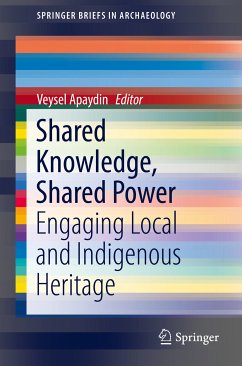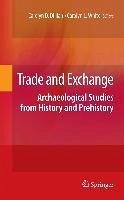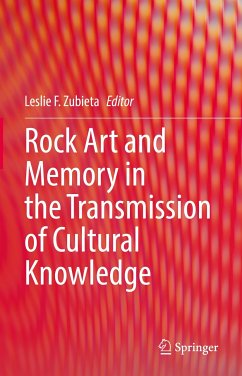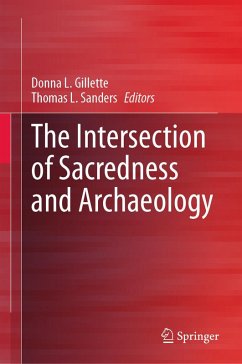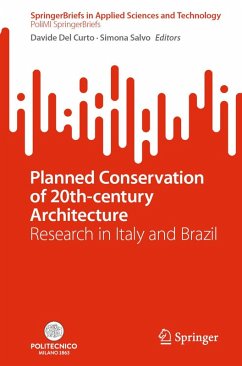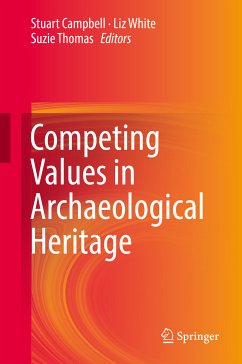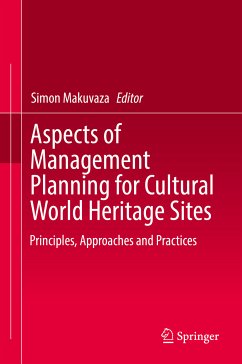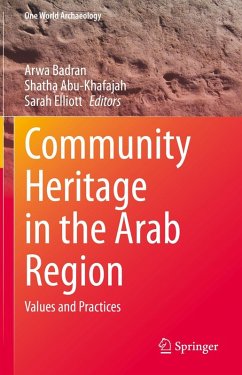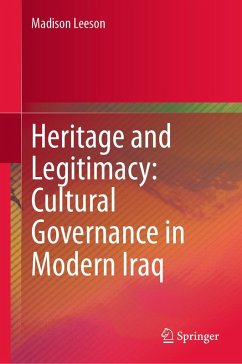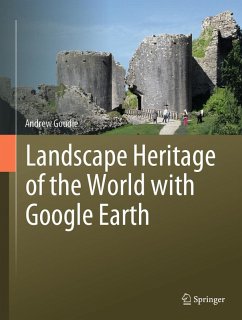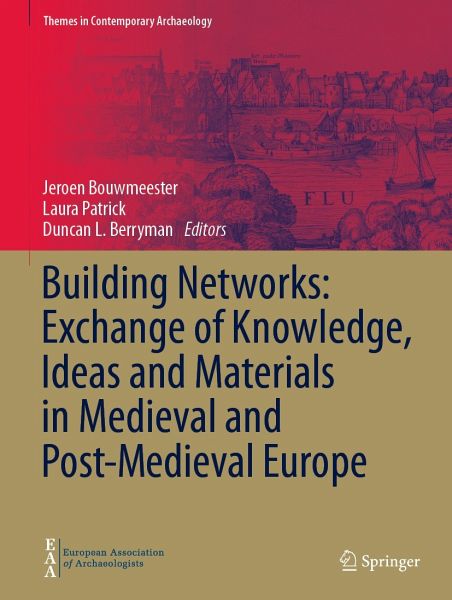
Building Networks: Exchange of Knowledge, Ideas and Materials in Medieval and Post-Medieval Europe (eBook, PDF)

PAYBACK Punkte
52 °P sammeln!
This book aims to explore different aspects of networks in relation to the archaeology of buildings. It is divided into three major themes: the trade in materials, the exchange of knowledge (of techniques and/or materials), and the exchange of style. Within each of these themes, two primary aspects are addressed-notably, who were the actors and how did the network function? In medieval and post-medieval Europe, the development of buildings, of style and the use of material, cannot be understood from a local, regional or even national perspective. Not only were the borders different than in mod...
This book aims to explore different aspects of networks in relation to the archaeology of buildings. It is divided into three major themes: the trade in materials, the exchange of knowledge (of techniques and/or materials), and the exchange of style. Within each of these themes, two primary aspects are addressed-notably, who were the actors and how did the network function?
In medieval and post-medieval Europe, the development of buildings, of style and the use of material, cannot be understood from a local, regional or even national perspective. Not only were the borders different than in modern-day Europe, but the contacts of inhabitants also transcended local and regional boundaries. This volume describes the continuous exchange of aesthetic ideals, technological developments and building materials during this period. This volume is a culmination of four years of sessions held at the European Archaeology Association (EAA) conference between 2016-2020 on the topic. It is of interest to archaeologists, architects, and scholars of built heritage.
In medieval and post-medieval Europe, the development of buildings, of style and the use of material, cannot be understood from a local, regional or even national perspective. Not only were the borders different than in modern-day Europe, but the contacts of inhabitants also transcended local and regional boundaries. This volume describes the continuous exchange of aesthetic ideals, technological developments and building materials during this period. This volume is a culmination of four years of sessions held at the European Archaeology Association (EAA) conference between 2016-2020 on the topic. It is of interest to archaeologists, architects, and scholars of built heritage.
Dieser Download kann aus rechtlichen Gründen nur mit Rechnungsadresse in A, B, BG, CY, CZ, D, DK, EW, E, FIN, F, GR, HR, H, IRL, I, LT, L, LR, M, NL, PL, P, R, S, SLO, SK ausgeliefert werden.



